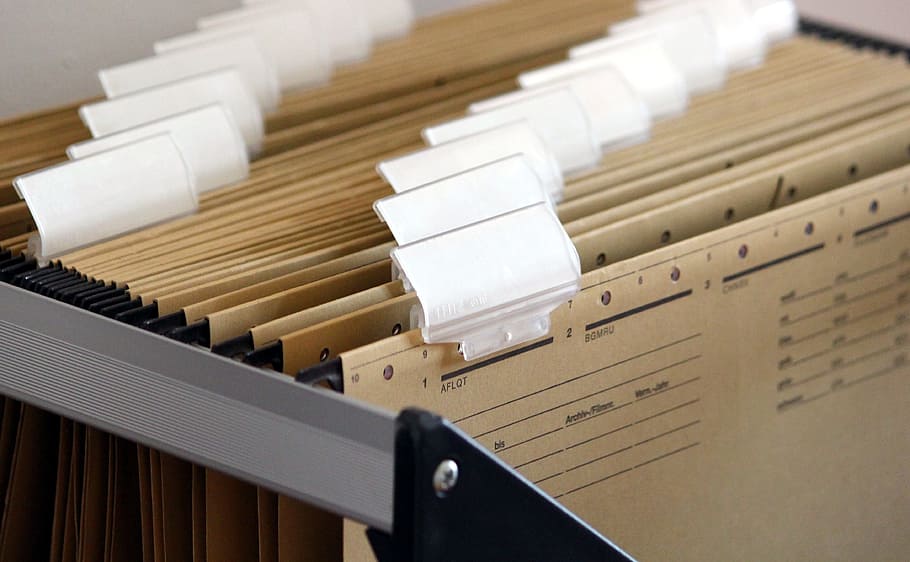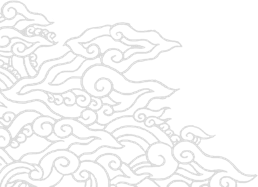Newsletter
27 June 2024
COVID-19: OJK Allows Ease of Credit Restructuring for Affected Debtors


OJK has issued the latest Regulation No.11/POJK.03/2020, which in effect would ease credit restructuring for affected debtors due to the COVID-19 outbreak.
| Iswahjudi A. Karim, Heri Witono
Indonesia - along with the rest of the world - is in the midst of fighting the COVID-19 outbreak, which has been declared as a pandemic by the WHO. Presently, the virus has spread to a number of provinces in Indonesia and has reached over two thousand confirmed cases. The outbreak does not only carry health concerns, but also economic ones, particularly on the real sector.
The various policies to mitigate the outbreak - which include, among others, travel bans, work from home, and social distancing - directly impact the income of all business enterprises. Even more concerning are the small and micro enterprises (SME) and other professions relying on daily incomes such as online food deliveries, taxi drivers, merchants, fishermen, and others. In turn, the decrease in their income will significantly affect their capability to pay back loans or credit that they may have owed to banks.
To ease the situation, the financial service authority, OJK, has issued the Regulation No.11/POJK.03/2020 on National Economic Stimulus as a Counterclynical Impact Policy on Spread of Coronavirus Disease 2019 (POJK 11/2020), effective as of 16 March 2020.
This POJK applies to: (i) Conventional Commercial Banks including its sharia business unit, (ii) Sharia commercial banks, (iii) rural banks (BPR), and (iv) sharia rural banks (BPRS).
Notable policies as regulated thereby include, among others:
Determination of affected debtors. Debtors who are entitled for credit relaxation include: (i) debtors (including SMEs) who struggle to fulfill its obligation because its business is affected by COVID-19, including those in sectors of tourism, transportation, hospitality, trading, manufacturing, agriculture, and mining; (ii) debtors who are affected by the limitation on transportation routes and tourism; (iii) debtors who are affected by the decrease of the volumes of export and import; and (iv) debtors who are affected by the delays in infrastructure development projects.
Credit quality determination. POJK 11/2020 allows more lenient approach for banks to determine asset quality in the forms of credit or other loans that are given to any affected debtors in the amount of Rp. 10.000.000.000, - (ten billion Rupiah) or less. The quality assessment of those loans will be based on the timely payment of the loan’s principal and/or interests (applicable for conventional banks), or of the margin/profit-sharing/ujrah (applicable for sharia banks). For information, a quality assessment in ordinary situation is based on the debtor’s business prospects, performance, and ability to pay.
Credit classification. All credits to affected debtors that have been restructured pursuant to POJK 11/2020 will be classified as ‘current’ (lancar).
New loans for affected debtors. Banks are allowed to provide new credit or funding to affected debtors. The determination of quality of a new credit will be assessed separately from the affected debtors’ other existing credits.
Effective period. The provision of stimulus for affected debtors as a result of COVID-19 is effective for 1 year, i.e. until 31 March 2021.
In general, restructuring can be conducted in a number of ways, including: (i) reduction of interest or profit sharing, (ii) extension of credit/funding period, (iii) reduction of primary arrears, (iv) reduction of interest arrears, (v) increase of credit/funding facility, and (vi) conversion of credit to temporary equity. Any restructuring must be done pursuant to: (i) POJK No.40/POJK/03/2019 for Conventional Banks; (ii) POJ No. 16/POJK.03/2014 for Sharia Banks, (iii) POJK NO. 33/POJK.3/2018 for BPR, and (iv) POJK No. 29/POJK.03/2019 for BPRS. We will be discussing which scheme is the most appropriate for each particular case separately with and/or can provide to our respective clients.
For more comprehensive discussion on the general impact of the COVID-19 outbreak to trades in Indonesia, see our previous newsletter, Corona Virus Outbreak: Infecting Trade in Indonesia.
